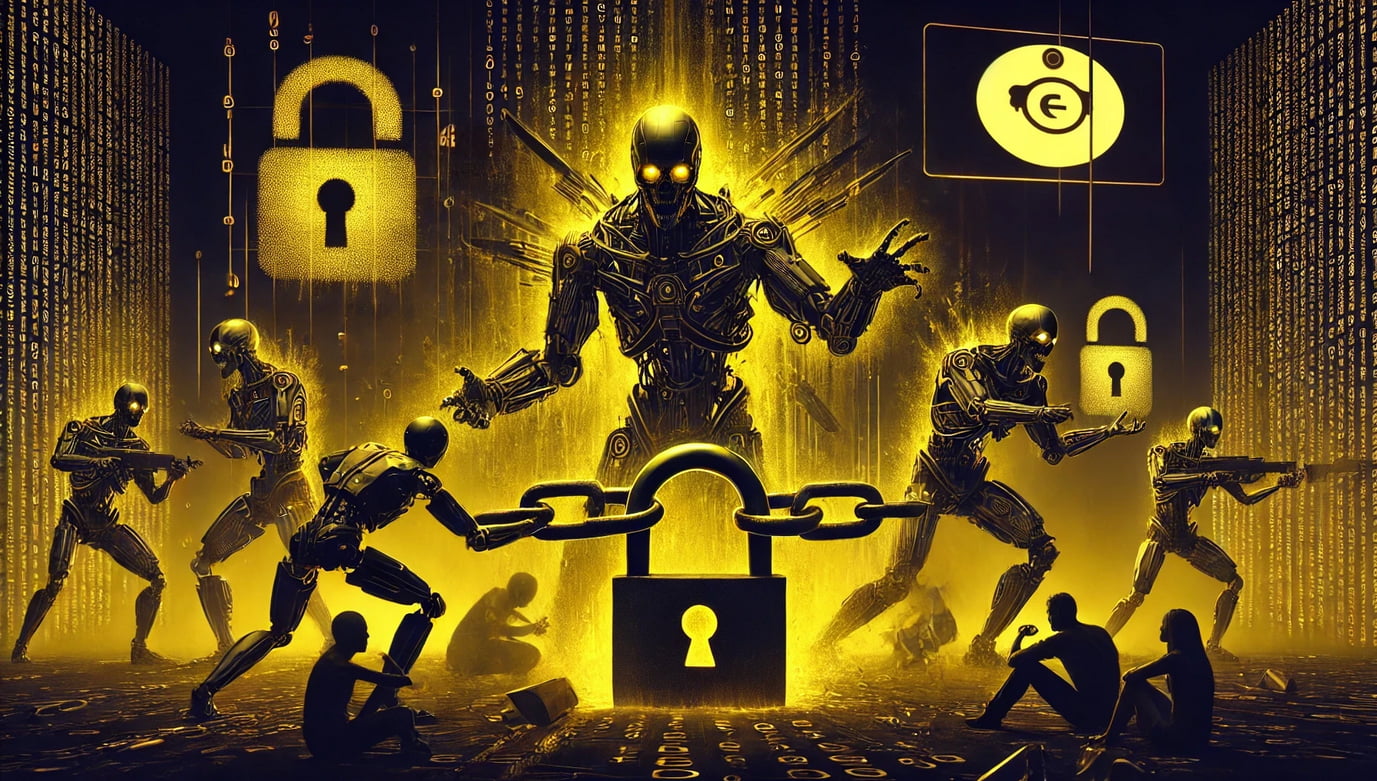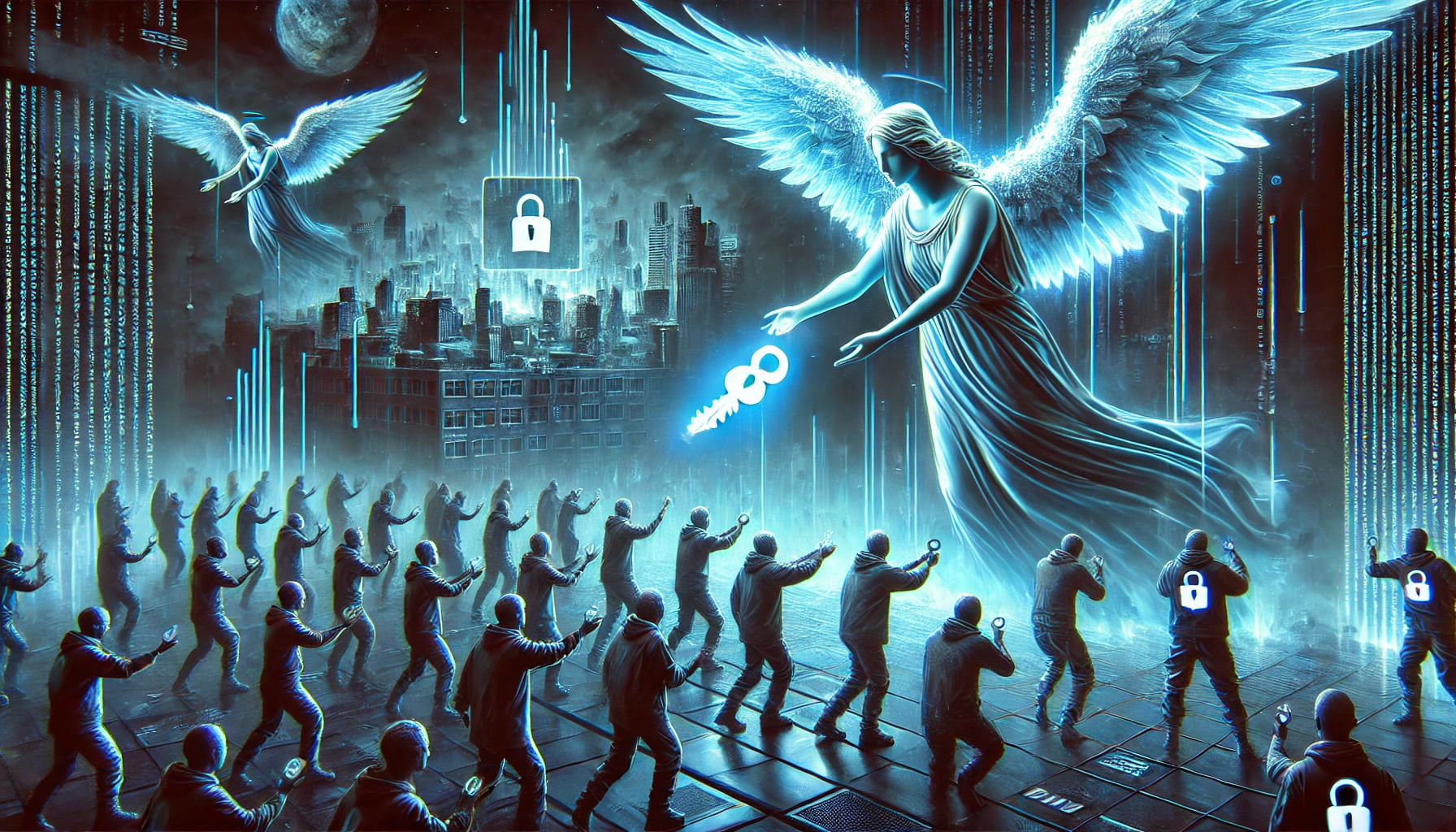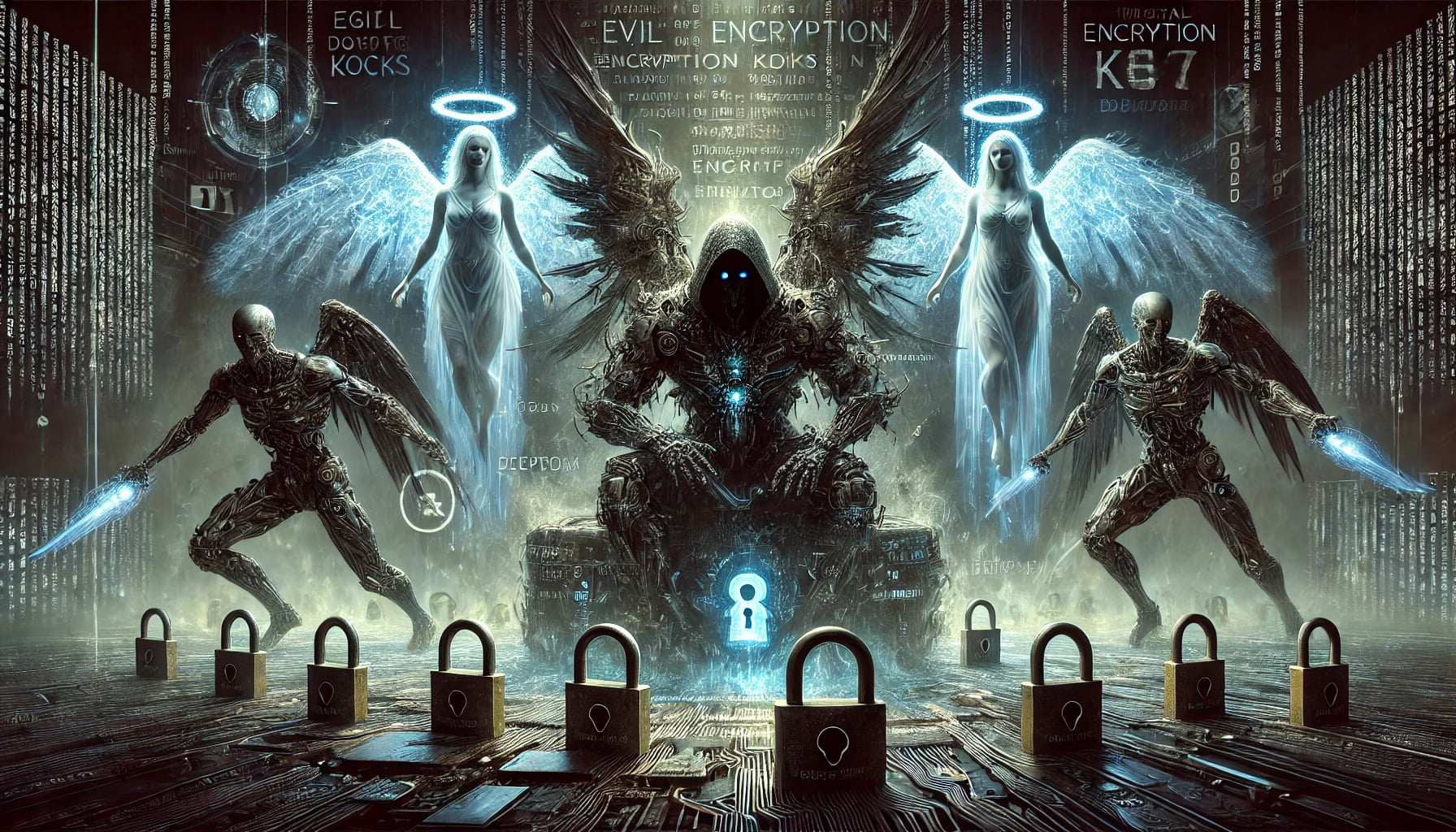In today’s digital age, freedom of speech and privacy have become more critical than ever. The case of Telegram founder Pavel Durov, arrested for refusing to share encryption keys, underscores the ongoing battle over secure communication.

Telegram can access regular chat messages, but it cannot access “secret chats,” even theoretically. However, there are claims that Telegram could potentially provide authorities with the IP addresses of anonymous channel owners. Fortunately, law enforcement can intercept certain communications without Telegram’s involvement. So, what does it mean when governments demand encryption keys? It refers to granting access to the content of non-secret chats.
Let’s break down these concepts and explore what end-to-end encryption is, how it works, and why it matters, especially in the context of Telegram. No technical background is required to understand this.
What is End-to-End Encryption? End-to-end encryption ensures that only the sender and recipient can read a message, preventing anyone else—including the platform itself—from accessing the content. Imagine two people, John and Alex, wanting to have a private conversation. If they send unencrypted messages, they can easily be intercepted, leaving their communication exposed to government surveillance or third parties.

Encryption solves this problem by providing John and Alex with two keys: a public key (for encrypting the message) and a private key (for decrypting it). Even if someone intercepts the message, they cannot read it without the private key. This technique ensures privacy, as even if one key is compromised, the communication remains secure.
How Does Telegram Use Encryption? Now, let’s apply this to Telegram. John and Alex decide to use Telegram to chat. When they send regular (non-secret) messages, these are encrypted between their device and Telegram’s servers using HTTPS, but Telegram still has access to the messages. On the other hand, “secret chats” offer true end-to-end encryption—messages are encrypted on John’s device and can only be decrypted by Alex’s device. Telegram cannot access these messages.
That’s why secret chats are device-specific and not available across multiple devices. The encryption keys remain on the user’s device, never reaching Telegram’s servers.

What Are Governments Asking Durov to Provide? The French government, and others, have demanded access to Telegram’s encrypted data. While they understand that Telegram cannot access secret chats, they still want access to regular chat data, IP addresses, and other metadata. Their goal is to monitor conversations and censor content, essentially forcing Telegram to compromise its users’ privacy.
This demand for access is a direct assault on freedom of speech and privacy in the digital space. Telegram, known for resisting censorship and maintaining user privacy, is under pressure to submit to Western intelligence services, which could set a dangerous precedent.
The Fight for Freedom Continues Pavel Durov’s refusal to cooperate in such efforts shows his commitment to protecting digital freedoms. The battle over encryption highlights a much larger issue—whether governments should have the power to invade privacy in the name of security.

Join the Movement for Free Speech and Privacy! #FREEDUROV